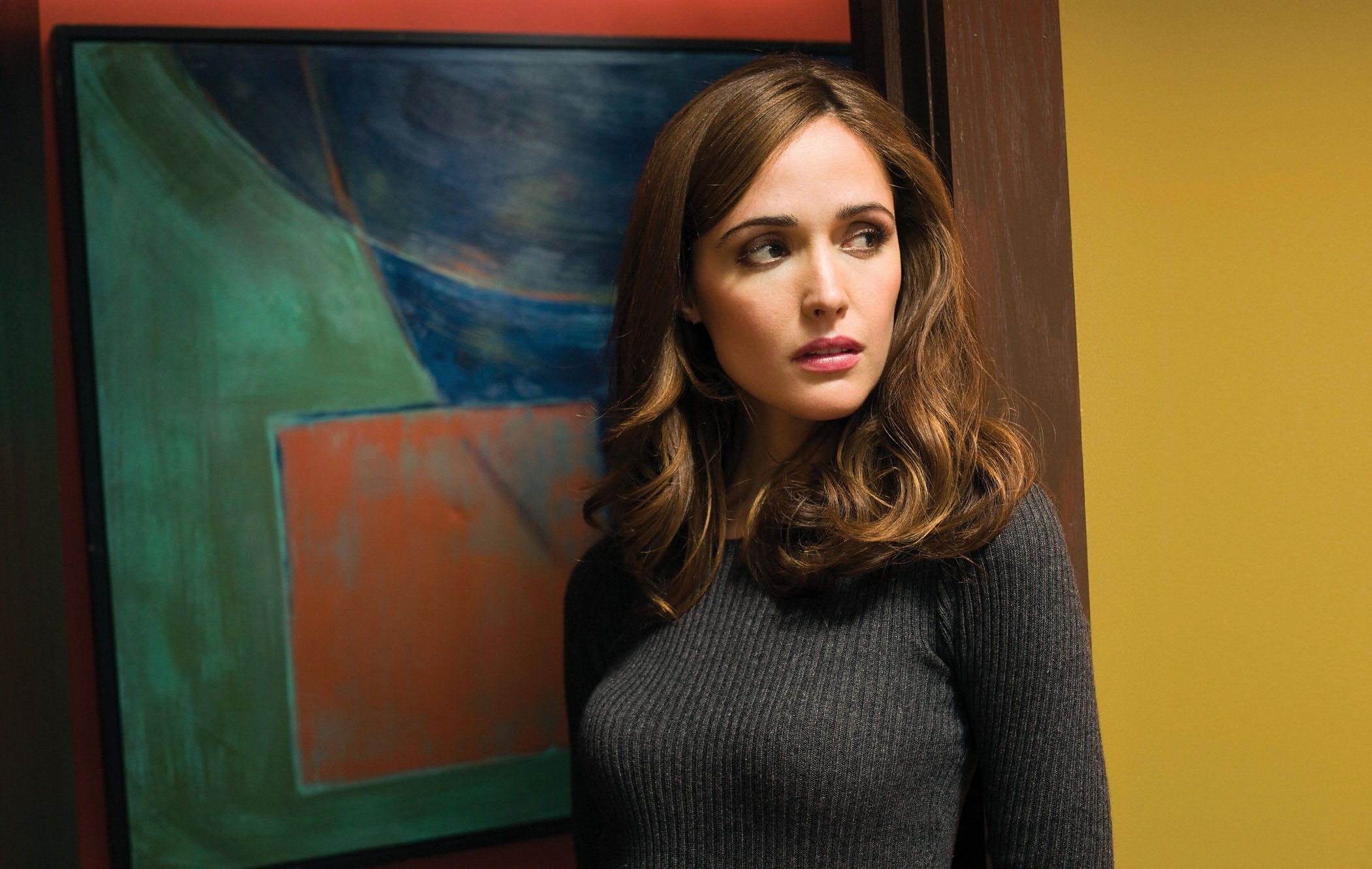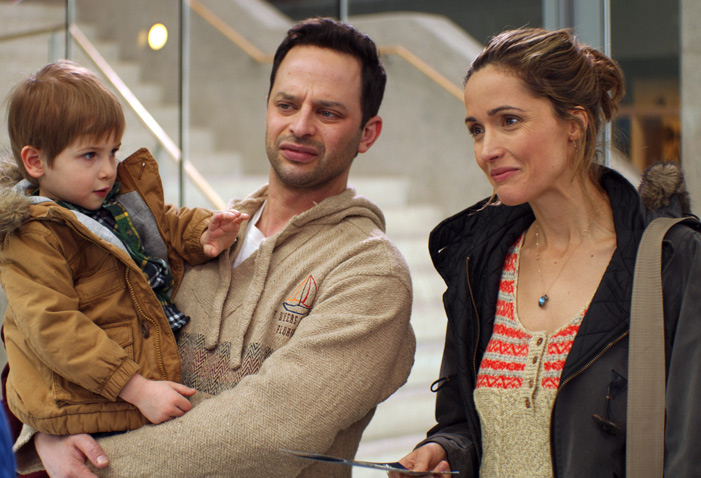By providing your information, you agree to our Terms of Use and our Privacy Policy. We use vendors that may also process your information to help provide our services. This site is protected by reCAPTCHA Enterprise and the Google Privacy Policy and Terms of Service apply.
Rose Byrne on Transitioning to Comedy and Why ‘Damages’ Should Be Considered Groundbreaking TV

After earning a pair of Golden Globe and Emmy nominations for her work in the acclaimed legal thriller “Damages,” it’d be more than reasonable to assume that Rose Byrne‘s future was in drama.
But in the years since she wrapped production on the series in 2011, Byrne has emerged as one of the most ubiquitous and impactful presences in American comedy film. From scene-stealing turns in “Bridesmaids” and “Get Him to the Greek” to leading roles in “Neighbors” and the upcoming “Spy,” the Australian-born actress has drawn the attention of viewers and critics alike for her wicked comic edge.
She’s the kind of artist who’s always seeking out a new challenge — her shift from drama to comedy hardly covers the new ground she’s been exploring. Last fall, she earned top notices for her Broadway debut in the revival of “You Can’t Take It With You,” and earlier this week, it was announced that she and four other Australian women in the film industry had come together to form The Doll House Collective, an all-female production company. The goal is to promote strong women leaders in film, from all areas of production.
In-between her flashier projects, however, Byrne’s newest movie is the intimate, small-scale indie “Adult Beginners.” Co-starring her boyfriend Bobby Cannavale and “Kroll Show” star Nick Kroll, the film focuses on three people in their 30s, struggling in the so-called transition from youth to adulthood. As directed by Ross Katz (“Taking Chance”), “Adult Beginners” is an embracement of arrested development, as well as a humorous acknowledgment of the perils of adulthood.
Indiewire sat down with Byrne on Tuesday afternoon to discuss “Adult Beginners” and, more broadly, to talk about the direction of her career and what led her to forming The Doll House Collective.
READ MORE: Watch: Nick Kroll Shows His Softer Side in New Trailer for ‘Adult Beginners’ Since “Damages,” you have made a turn to comedy. You did “Get Him to the Greek” and “Bridesmaids” while you were still doing “Damages,” and I’m wondering, was that a conscious thing you wanted to do — make this shift? Or did it just sort of happen?
Since “Damages,” you have made a turn to comedy. You did “Get Him to the Greek” and “Bridesmaids” while you were still doing “Damages,” and I’m wondering, was that a conscious thing you wanted to do — make this shift? Or did it just sort of happen?

READ MORE: Women Behaving Badly: Patty Hewes, the Ruthless and Regal Lawyer From ‘Damages’

 You have a more extreme version of that in “Neighbors.”
You have a more extreme version of that in “Neighbors.”READ MORE: Critical Crossroads: Seth Rogen’s ‘Neighbors’ is Very Funny, But Is it All Alone?
By providing your information, you agree to our Terms of Use and our Privacy Policy. We use vendors that may also process your information to help provide our services. This site is protected by reCAPTCHA Enterprise and the Google Privacy Policy and Terms of Service apply.
















